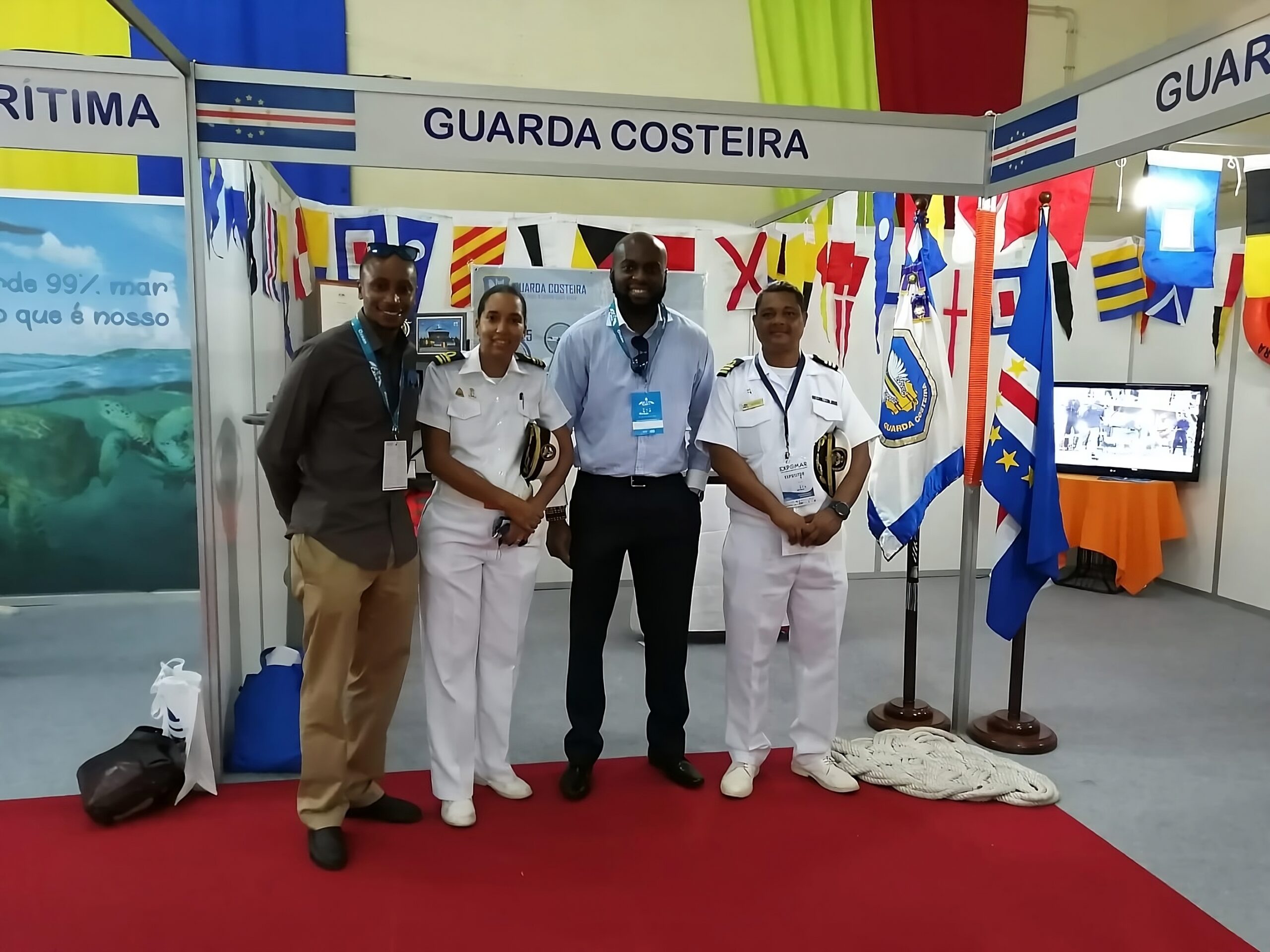DOTCAN Opportunity
DOTCAN will be a not-for-profit organisation with an international board and international partnerships that are not limited to Canada and West Africa.

It will be a concrete implementation of Canada’s Ocean Strategy, which is based on principles of sustainable development, integrated management and the precautionary approach. It will address all three policy objectives of this strategy:
- Understanding and Protecting the Marine Environment.
- Supporting Sustainable Economic Opportunities.
- International Leadership.
The initiatives and opportunities which set the scene include:
New approaches and opportunities for ocean business development and multisectoral cooperation that are well underway in Canada (e.g. COVE ; Ocean Supercluster).
Canadian experience and expertise with training in entrepreneurship and business development (e.g. the Creative Destruction Laboratory ; SURGE)
Established partnership between the Royal Canadian Navy (RCN) and Navy and Coast Guard from several West African countries (including Cabo Verde) for maritime security promotion, stakeholder engagements and community relations.
These developments build on the existing advantageous context of Cabo Verde as a Small Island Developing State, which includes:
Pioneering development
Pioneering development, by Cabo Verde’s Ministry of the Maritime Economy, of a “Special Economic Area of the Maritime Economy” as well as a “Sea Campus” (both in the port city of Mindelo) to link the National Institute for Fisheries Development and OSCM, including creation of the Universidade Técnica do Atlântico (Atlantic Technical University).
Driving Scientific Advancement
Recent establishment, through cooperation between Cabo Verde and Germany, of sophisticated ocean research infrastructure in Cabo Verde (Ocean Science Centre Mindelo or OSCM)
Regional Masters program
A new, regional Masters program in Climate Change and Marine Sciences at the University of Cabo Verde operated under the auspices of WASCAL (West African Service Centre on Climate Change and Adapted Land Use).
Unleashing Potential through ECOWAS Membership
Key ties with other nations in the region through membership of one of the largest African Regional Economic Communities, ECOWAS (Economic Community of West African States), which promotes economic integration, favorable trade conditions, and other forms of regional cooperation.
Transatlantic air connectivity
Imminent emergence of Cabo Verde as a hub for transatlantic air connectivity between several major cities in West Africa and the Americas as well as Europe.
Exemplary model of partnership
Cabo Verde have a strong reputation for democracy, political stability, public safety and lack of corruption.
These qualities collectively position Cabo Verde as an exemplary model among Small Island Developing States, garnering international recognition and fostering strong partnerships with other nations.
DOTCAN’s initial components include:
This would convey both technical and business/entrepreneurship skills and would be established at the new Technical University of the Atlantic in Cabo Verde and have close links to partner institutions in the sub-region. It would train cohorts of 20-30 students selected from ECOWAS nations.
Also called (Ocean Hub), as part of Cabo Verde’s “Special Economic Area of the Maritime Economy”. The Ocean Hub will promote development and financing of West African start-ups and establishment of West African offices for Canadian ocean tech companies. The Hub will support mentoring, internships and employment for trainees, in cooperation with companies and NGO’s in Canada and throughout West Africa.
A West African Maritime Security and Maritime Domain Awareness (MDA) Training Program linking ocean technology components of DOTCAN (e.g. ocean observation and surveillance technology) with future missions of the Royal Canadian Navy in the region. The program would be aimed at specialists from regional Coast Guards and Navies.
Specific areas of ocean technology and business could include: Ocean sensors; Seafloor and habitat mapping of the coastal zone; Electric-powered boats; Remotely operated vehicles/ AUVs; Maritime domain awareness; Remote sensing and surveillance; Algal biotechnology; Data analytics; Technologies and feedstuff for sustainable aquaculture; Marine renewable energy and non-fossil energy systems; Animal telemetry; Climate change adaptation; Environmental consulting; Sustainable tourism.